Frederica Freyberg:
Now to election news. Buckle up voters. The state’s most reliable poll now shows the race for governor in a dead heat, 46% each for incumbent, Scott Walker, and his challenger, Democrat, Mary Burke. That would be interesting enough, but the poll reveals much more about what state voters are looking for in a candidate once the long, hot summer of campaigning is over. The poll interviewed 805 Wisconsin registered voters by landline and cell phone May 15 through the 18th. Charles Franklin is the director of the Marquette University Law School poll. Charles, thanks for being here.
Charles Franklin:
Thanks for having me.
Frederica Freyberg:
So what do you think accounts for the tightening in the governor’s race to now dead even?
Charles Franklin:
I think we see three things at work. One is Mary Burke is getting to be a little bit better known. She went from 70% who didn’t know her to January, to 59% in March, to 51% now. So she’s picking up about 10% each couple of months. The second is we have more Democrats in the poll this month than we had two months ago in March. In March we were actually about five points below the normal Democratic average in the poll. This time we’re right at the long-term average. I think that reflects a growth in Democratic enthusiasm after being depressed a bit by the roll-out of health care reform and so on. And you see that in national data. Finally, we see both women moving from a dead even tie two months ago to preferring Burke, we see voters under 45 moving from preferring Walker to preferring Burke. Whether those are stable changes or whether they’re going to continue to fluctuate is an open question. But those pieces of the puzzle are the things that moved.
Frederica Freyberg:
Given that those are the recent– most recent poll numbers from your poll, what do you expect the reaction to be from the respective camps?
Charles Franklin:
Well, I think the idea that this is a close race, a competitive race, is something that I think most observers would expect. There is discussion of whether, you know, there’s so many Democrats that don’t like Scott Walker that it’s always going to be a competitive race. There’s also the question of whether the governor, who’s been elected twice now, is going to, you know, expand his margin. But the idea that it’s close and competitive I think is pretty solid. We’ve had, since our March poll, two Republican-leaning firms that found a dead even tie and a Democratic firm that found Walker ahead by three or four. You average those, plus our numbers, and you get about a two-point race. The bottom line is exactly the same. Inside the margin of error, no matter which way you look at it.
Frederica Freyberg:
Now, you have suggested too, in writing about your poll results, that the big deal is going to be turnout. So how do they drive turnout?
Charles Franklin:
Well, we see that Republicans gain a bit as turnout gets tighter and tighter. So the race is a dead even tie at 46 each among all registered voters. But then it’s a three-point Walker advantage among likely voters. And it’s a five-point advantage among likely voters who also say they’re really enthusiastic about voting. But because of the smaller sample size, all those are within the margin of error. Same conclusion, a competitive race, but lower turnout at the moment looks like it’s favoring Walker. Higher turnout is favoring the Democrats.
Frederica Freyberg:
Now, you talked just a moment ago about Mary Burke’s name recognition basically and, again, you said that she’s still unknown to about half the voters. But that’s better than 70% of the voters who showed up in your January numbers. But meanwhile Scott Walker’s favorability ratings are dipping slightly. Is that measurable enough to suggest a trend?
Charles Franklin:
The month-to-month variation is quite small on Walker. With Burke, though, it is a trend that has gone from being slightly net negative to now a little bit net positive. So in becoming better-known, she’s also become more favorably perceived. With Governor Walker we’ve seen, whether it’s job approval or his personal favorability, a relatively stable pattern, plus or minus two or three percentage points for two and a half years now. So while that number could continue to move, right now the movement is fairly modest.
Frederica Freyberg:
Now, in the cares about you' question that you ask, 44% say that describes– cares about people like you,' that describes Scott Walker. 52% say it doesn’t describe him. While 39% say Mary Burke cares about people like them. 29% say that phrase does not describe her. Why do you ask that question?
Charles Franklin:
We have seen that sense of empathy play an important role in presidential elections. It played a big role in the US senate contest here in 2012. And so we’ve been asking it. We asked it back in 2012 as well for the recall election. And in March Governor Walker was a little upside down on that. Now he’s still a little upside down on it. Whereas she is a little positive on it. But we also asked, as a characteristic, is this candidate able to get things done. Governor Walker has a very high score on that. Hers is positive, but a lot of people say they don’t know enough to have an opinion. So personal characteristics, in addition to issues and party and ideology, are also part of the game.
Frederica Freyberg:
You also asked the question, and this is interesting, which is more important for a governor, extensive political or extensive business experience? 59% said business was more important, 27% political. And even knowing who the candidates are, 75% of Republicans said that business experience was more important. So does this suggest to you that, even the personal preference on the part of a voter like a Republican who would vote for Scott Walker, they can cast that aside? You know, they can cast aside their opinions about experience?
Charles Franklin:
There are a lot of examples, and this is one of them, where we hold ideas in the abstract and in general. Here, overwhelmingly, that business experience is more important, even among Democrats more people say business experience. But when it comes to applying that to the particular two candidates, it seems to play very little role. And Republicans are a perfect example of that in this case.
Frederica Freyberg:
Now, we’re going to talk about a line of questioning in your polling about voter fraud. Now, the liberal group, One Wisconsin Now, criticized you for asking questions like this, vote fraud by someone claiming to be another person happens a few thousand times, few hundred, a dozen, less than a dozen times each election? Now expert testimony at trial in this case suggested that voter impersonation was virtually nonexistent in Wisconsin. So critics of this poll question say that it kind of introduces this false information.
Charles Franklin:
Certainly.
Frederica Freyberg:
What’s your reaction to that?
Charles Franklin:
Well, our point is that we’re simply asking people what they perceive to be the fraud. We’re not arguing that it’s one or the other of these. The evidence is quite low levels of voter fraud. But the concern in the public is the real question. 60% continue to support a photo ID, for example, as a requirement of voting. What is driving that? And what you see here is about 20% of the public perceive fraud at the level of thousands of votes per election. And interestingly, they believe that our election officials are also falsifying thousands of votes per election. That I think should be very disturbing to everyone, that the loss of faith in the integrity of our elections extends to such a level when the evidence from trial and other studies shows a considerably lower level. But there are advocates on the other side that certainly point to large levels of fraud. I think the important point here though is not what the facts are, but rather that a significant fraction of the public has such a high view of fraud.
Frederica Freyberg:
Finally, the governor, Governor Walker, running for president question. 67% say they don’t want to see it. 27% do. Any chance at all that that changes his trajectory?
Charles Franklin:
No. I think this is one of those questions that keeps coming up because he is prominently talked about as a potential candidate. Every governor that has some chance of running for president has to address this issue and convince voters in his home state that this is a good thing, not a bad thing.
Frederica Freyberg:
We'll see what happens. Charles Franklin, thanks very much.
Charles Franklin:
Thank you.
Search Episodes
Related Stories from PBS Wisconsin's Blog

Donate to sign up. Activate and sign in to Passport. It's that easy to help PBS Wisconsin serve your community through media that educates, inspires, and entertains.
Make your membership gift today
Only for new users: Activate Passport using your code or email address
Already a member?
Look up my account
Need some help? Go to FAQ or visit PBS Passport Help
Need help accessing PBS Wisconsin anywhere?

Online Access | Platform & Device Access | Cable or Satellite Access | Over-The-Air Access
Visit Access Guide
Need help accessing PBS Wisconsin anywhere?

Visit Our
Live TV Access Guide
Online AccessPlatform & Device Access
Cable or Satellite Access
Over-The-Air Access
Visit Access Guide
 Passport
Passport





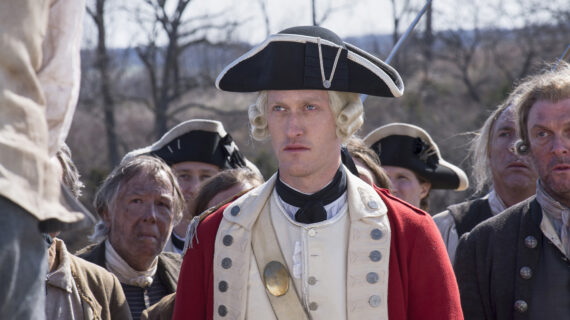
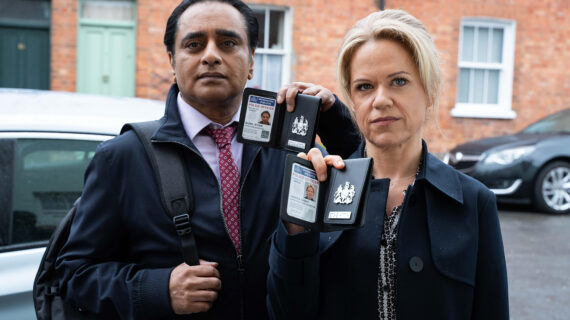
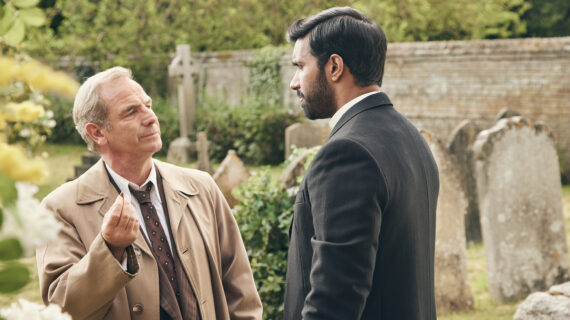
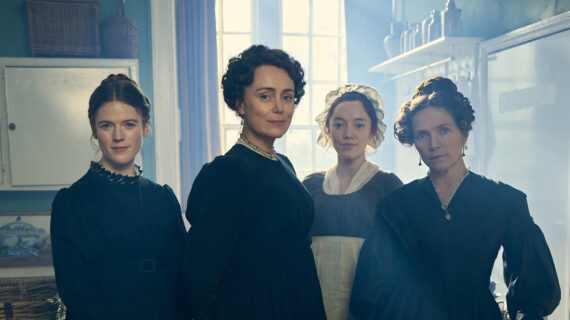

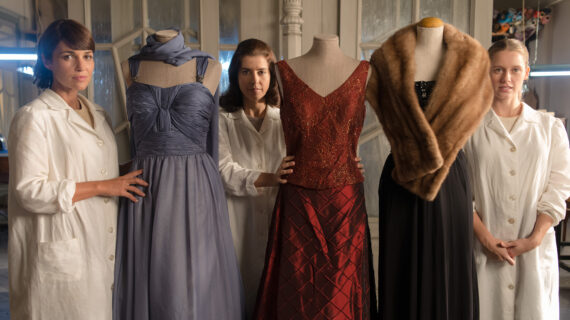


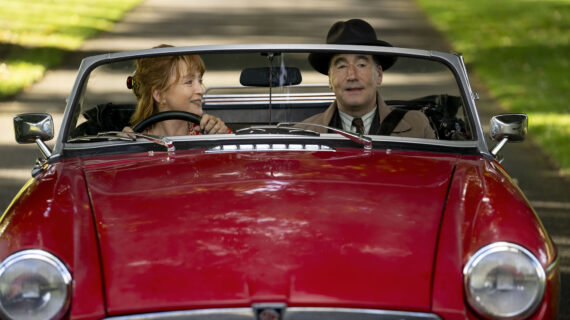
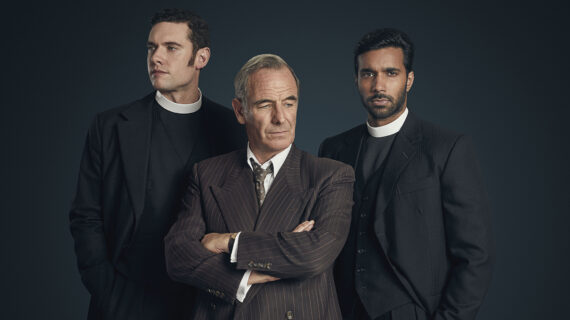
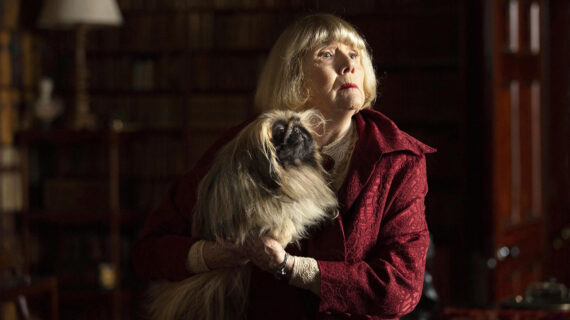

Follow Us